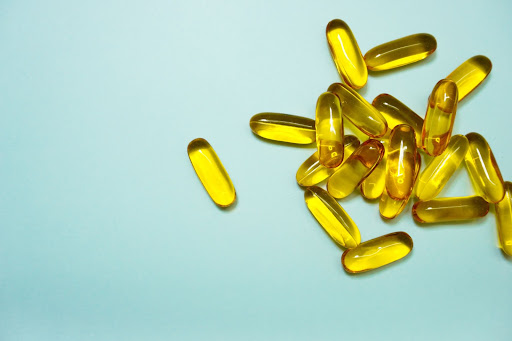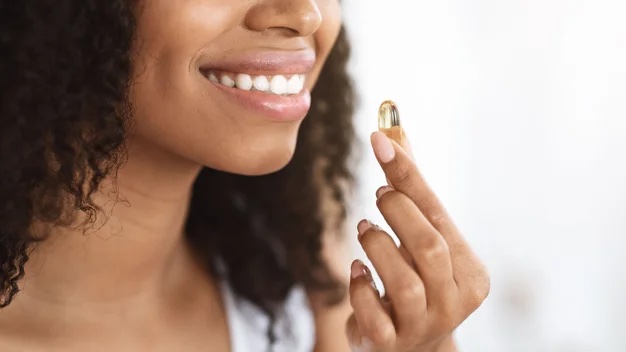
Some of the Most Important Vitamins Your Body Needs
Everyone knows that a healthy diet should contain plenty of vitamins and minerals. Your body uses these vitamins and minerals for essential functions, and having a deficiency could lead to poor health and potential issues. If you eat balanced, with lots of fruit and vegetables, you should be able to provide your body with all of the right nutrients that it needs. However, it’s also possible to supplement your diet using dietary supplements from a vitamin shop.
Although you shouldn’t necessarily need supplements, vitamins and minerals are extremely important. If you’re pregnant or have a health issue, some might be more important than others, so it’s a good idea to consult your doctor before changing your diet or adding supplements. In this article, we’ll look at some of the most important nutrients that your body needs and what they do. If you want to be healthy and improve your body, it’s a good idea to monitor your intake of these vitamins and minerals.
Vitamin A
Vitamin A has a number of uses in your body, making it extremely important to good health. First and foremost, it helps to bolster your immune system, which protects you from infections and illnesses. On top of this, it also improves your eyesight in low light while also keeping your skin healthy.
Vitamin A is typically found in lots of different foods, including cheese, eggs, oily fish and other dairy products. It’s also possible for your body to create vitamin A from a chemical called beta-carotene, which is found in vegetables such as spinach, carrots and red peppers.
B Vitamins
There are lots of different B vitamins, including thiamine, riboflavin, folic acid, biotin and B12. They all have important uses in your body, contributing to a healthy nervous system, helping your body to release energy from food and much more. With so many different B vitamins, it might be difficult to know which ones you need the most, but the truth is that they’re all very important.
Like other vitamins, it’s possible to get your B vitamins from a healthy and balanced diet. Meat, fish, dairy and eggs are typically good sources of B vitamins, which can mean that those following a vegan or vegetarian diet can be deficient. Not getting enough of these vitamins can lead to serious issues, so if you’re not eating foods that contain them, it’s important to supplement.
Vitamin C
Perhaps the most famous vitamin, vitamin C is also sometimes known as ascorbic acid. Getting enough vitamin C will help to keep your body’s cells healthy while also maintaining good skin, blood vessels and bones. In addition, not having enough vitamin C may affect your ability to heal from cuts and other wounds and will also lead to a condition known as scurvy.
It’s rare to lack vitamin C, provided you’re remembering to eat all of your fruit and vegetables. It’s recommended to eat five portions a day, but even a lower amount should still contain enough vitamin C. Foods such as citrus fruits, peppers, brussels sprouts, and broccoli are particularly high in ascorbic acid.
Vitamin D and Calcium
Vitamin D helps your body regulate the amount of calcium and phosphate in your body, helping to keep your teeth, muscles and bones healthy. Not getting enough of these vitamins and minerals can result in deformities in children or a condition known as osteomalacia in adults.
You need to make sure you’re getting enough vitamin D and calcium from your diet, though it should be noted that vitamin D is difficult to obtain from food alone. Foods that contain vitamin D include oily fish, liver, fortified foods and red meat. Calcium can be found in leafy green vegetables like kale as well as dairy. Vitamin D is also produced in the body when direct sunlight reaches the skin, though you should be careful to wear sunscreen if in sunlight for too long.







